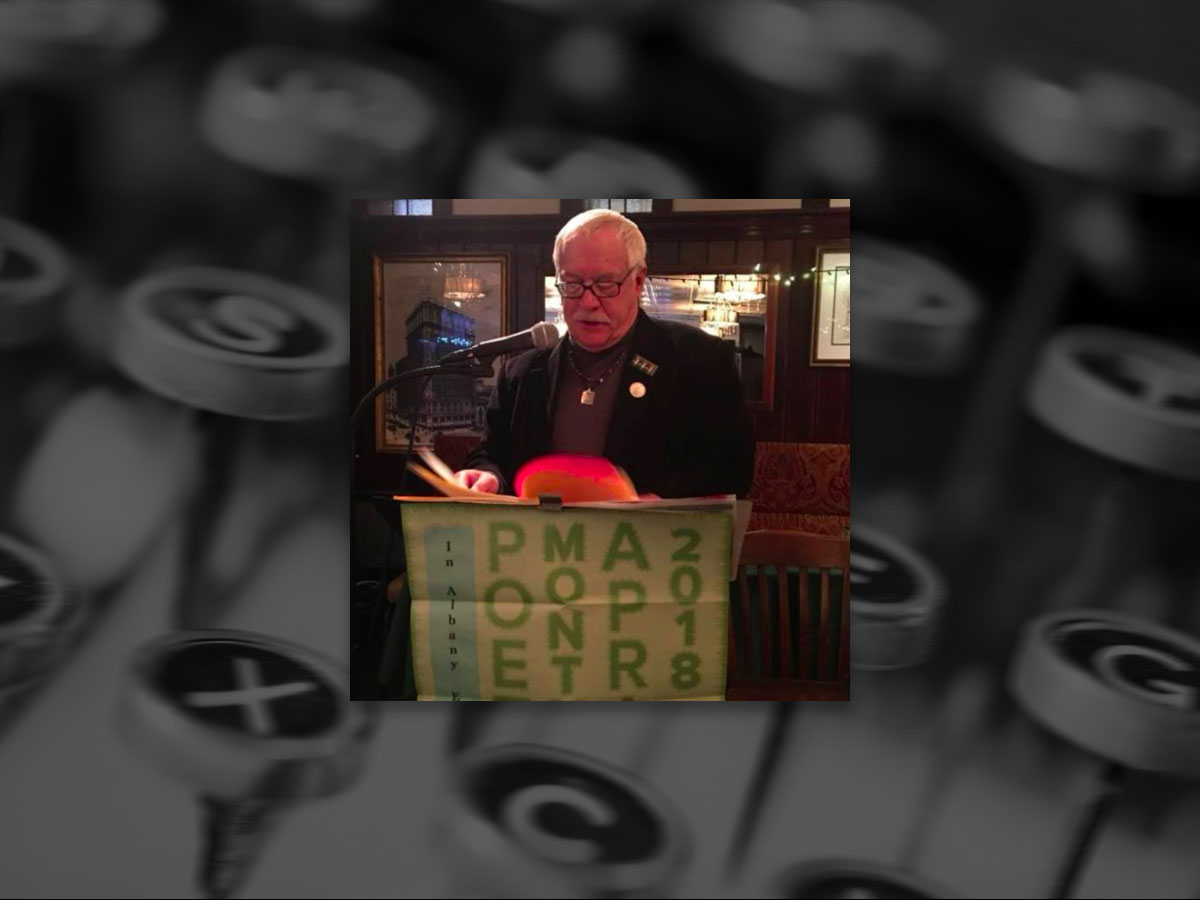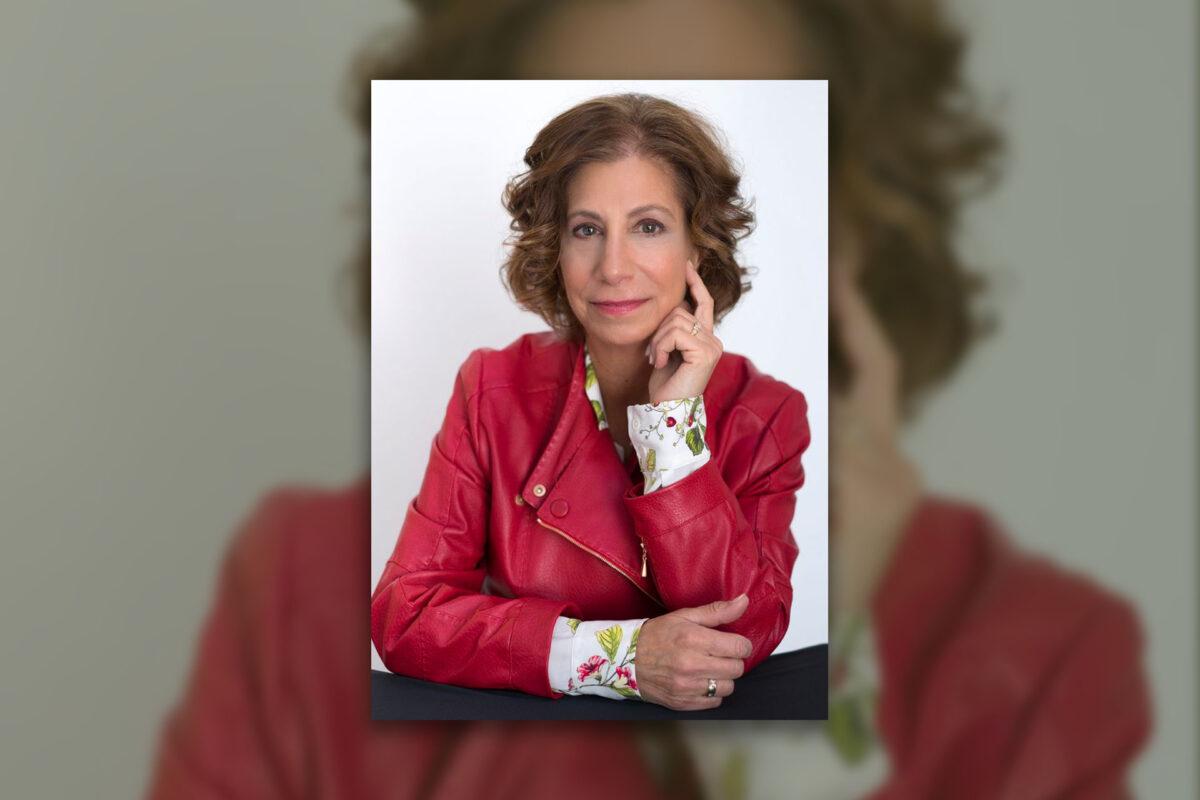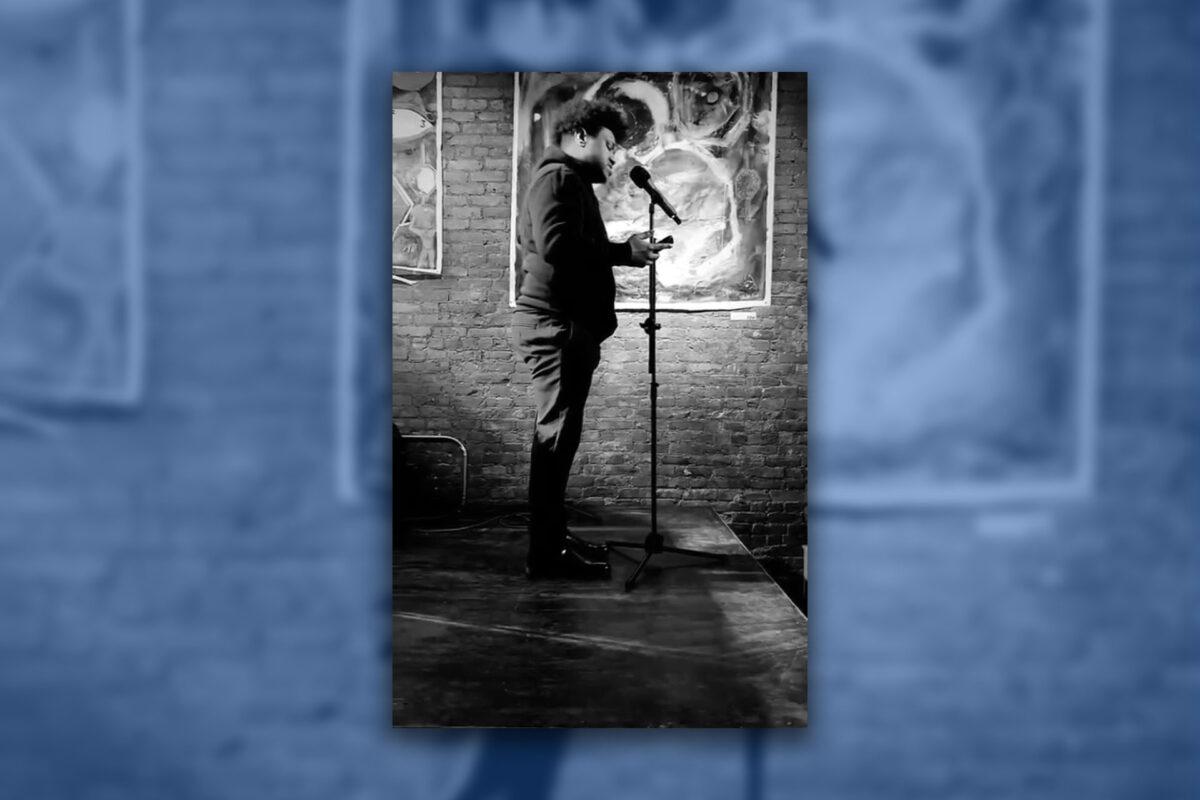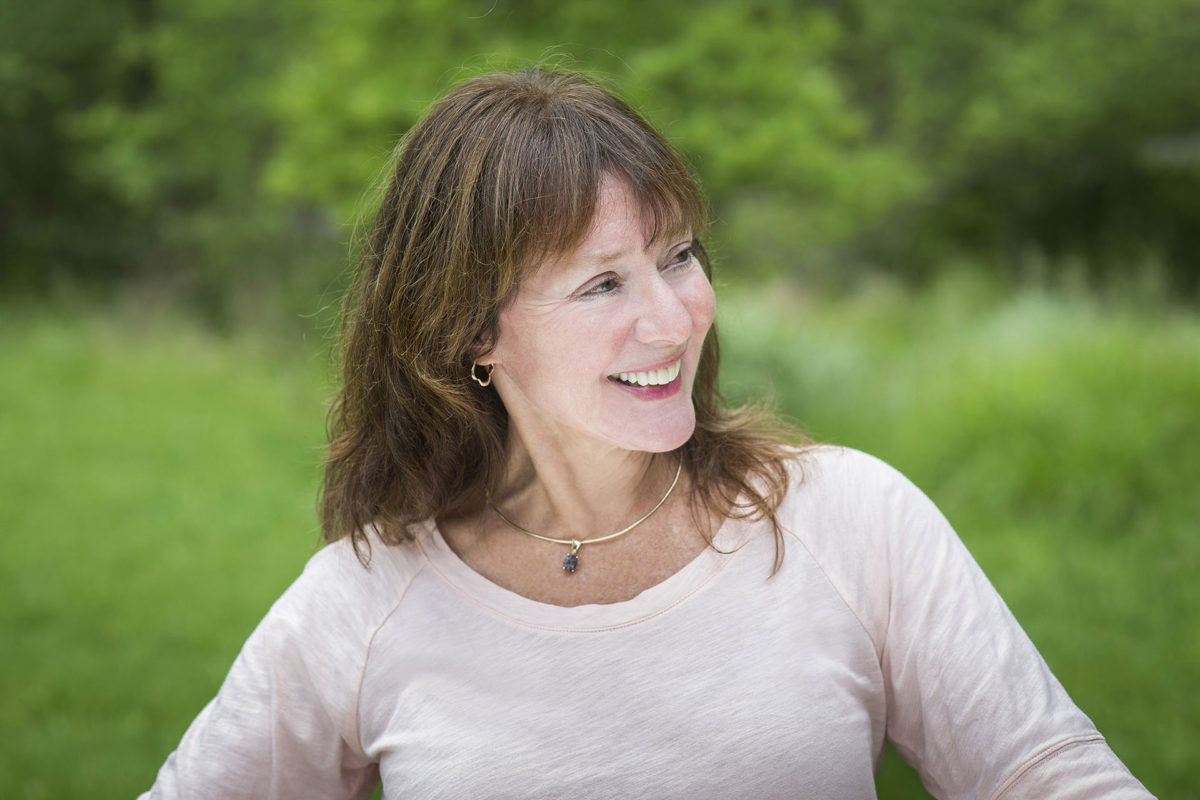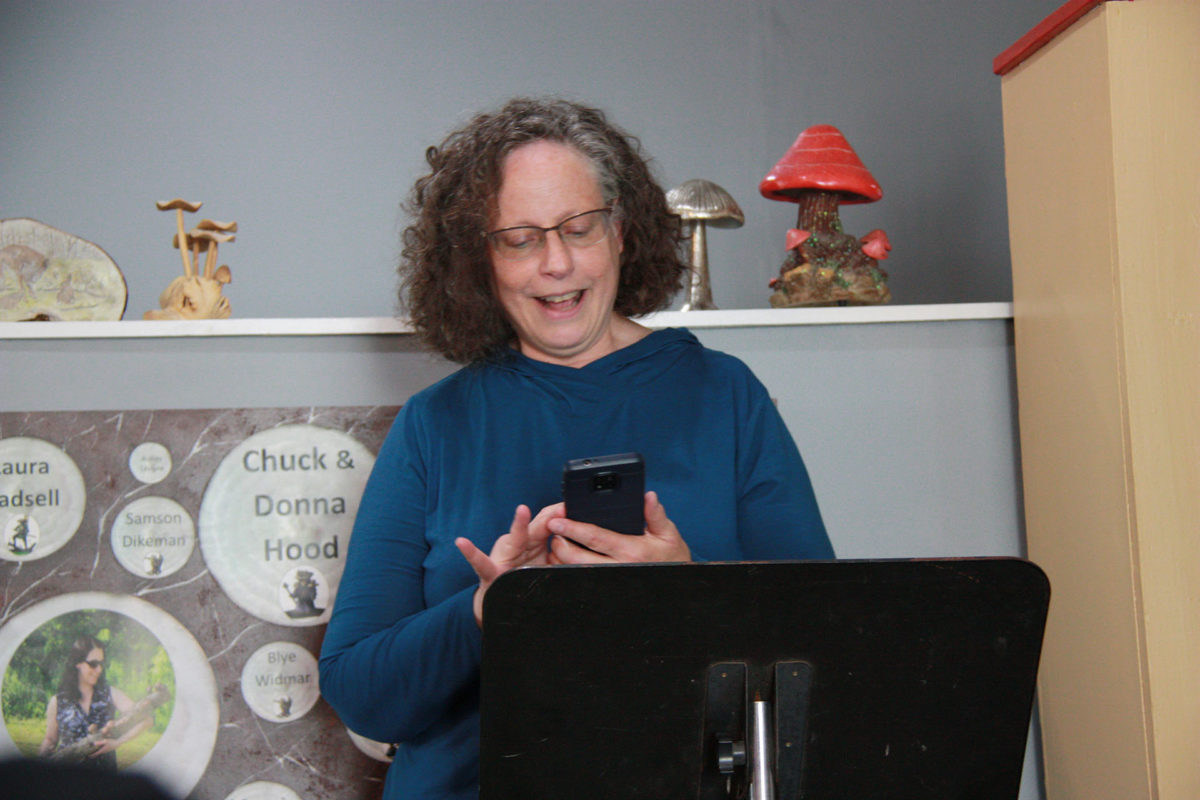By Jesse Seidel
This week I had the privilege to interview a prominent local literary figure, Dan Wilcox. Over a cup of coffee, he graciously answered a few of my questions. Enjoy getting to know more about him and be sure to check out the Open Mic he hosts every third Thursday of the Month at the Social Justice Building in Albany!
33 Central Ave, Albany, NY 12210
Jesse: What first got you in to poetry?
Dan: I started when I was in about middle school, I like to say that most people get into poetry when they’re adolescents and then all poets stay adolescent. I don’t really know exactly what got me into it. I read a lot, I was always a reader. I had a great uncle who I would visit in the summer. We’d go on trips in his car, and he had Shakespeare memorized, bits of Shakespeare, Longfellow, lots of rhyming stuff, things like that. He used to recite these in the car, and I was fascinated, I was a kid and didn’t always know what he was talking about, but he was saying these things and then sometimes later I’d end up reading those very same things. So, that sort of got me into it. I used to go to the library all the time, I grew up in Delmar, and I used to go to Delmar Library. I read an article about the Beats in LIFE Magazine, of Kerouac and Ginsberg and all those authors. That’s where I discovered “Howl” and it just blew me away. I read a lot poetry at that point, but it was mostly just the rhyming stuff and the great poets of the English language, going back for centuries. The beats was so different that and it just took the top of my head off. I started buying Ginsberg’s books and reading his stuff and reading everybody else that anybody had mentioned. I used to read book reviews, not so much the New York Times but a newspaper called the Herald Tribune that I liked better. I’d always read the book reviews and if they mentioned anything interesting I’d go and look it up. I just had a very eclectic list of writers I was looking up, mostly writers on the edge, Burrows, European writers, and I discovered their literature and I just started writing sort of in imitation of that. So, I’m not sure what got me into it, but I liked the idea of artists and lifestyle and all of that.
Jesse: What books or authors you would recommend to new poets on the scene?
Dan: I started off with Ginsberg, one of my favorites, and from him, his favorite poets were Walt Whitman and William Blake, so it took me to Whitman and Blake who are still big favorites. Every year on Walt Whitman’s birthday which is May 31st, I organize a community reading of Song of Myself in Washington Park. I’ve been organizing that for about ten years, the poems is fifty-two sections and takes about two hours. All sorts of people show up and read a couple sections. It’s a lot of fun! I’m constantly reading, mostly poetry, but I’m also reading other things. I’ve found Fernando Pessoa fascinating, so I’ve been reading his stuff lately. New translations of that but I read the classics as well. I’m in the midst of reading the Aeneid now because I read it so long ago I don’t remember anything about it. I’ve also been reading a lot of Moby Dick lately, it was something I read years ago, and I just wanted to get back into it. I return to a lot of my favorites like that. Very kind of eclectic, very hard to know what it is.
I go to poetry readings as well and if some author has their book, particularly local authors I always buy their book, just to support them. I probably have twenty books of poetry sitting on my coffee table. This week I go down to D.C, ton of poets down there, I’m going to come back with six to eight books and I’ll be way backed up again.
Jesse: I know that feeling, just without the stacks upon stacks.
Dan: I keep my eye out for that kind of stuff, I was just recently in an anthology called ‘Ghost Fishing’ its an anthology of ecojustice poetry. It’s a huge book! Lots of people in there, many of which are gonna be down in Split This Rock.
Jesse: Do you have any sort of advice to give to younger poets?
Dan: First of all, keep writing. That’s the main thing, keep writing. It can be anything, whatever you feel like just write wherever you are. The other thing is, get out there in the community, see what other people are doing. There is always people involved in the arts no matter where you go. This area in Albany, in the Capital District, we happen to have a huge, huge, literary community here. Its not like anything I’ve seen anywhere else in the country.
Jesse: I’ve been finding that out through this internship!
Dan: It’s tremendous, there are more events out there than anywhere I’ve ever been! Get out, go to the open mics and meet people. The open mics are great because you don’t have to have a finished poem you can just read something you’re working on. Or you could’ve just written it. People go up saying, “Oh, I’ve just wrote this sitting here!”, open mics are fabulous for that. Got the Poetic Vibe over in Troy every Monday.
Dan: See, when they started this, back in the mid 80’s there weren’t any poetry readings really going on regularly. In fact, there weren’t any, but there were ones at the coffee houses and stuff with the musicians and the poets. Until Tom Nattell started an event in 1984 called Readings Against the End of the World. It was a 24-hour fundraiser for an anti-nuke group that was in Albany at the time called the Albany Peace and Energy Council. You didn’t have to read something, you could sing, we had magicians there. Anything. Tom realized there were a lot of poets that were in the area and he started having readings/open mics at the QE2 at Albany. He found that he was getting so many people signing up for the open mics that he really needed to just do an open mic. Eventually, he set up this open mic on Monday Nights and that was the Granddaddy of all the stuff you see now. When I moved up here, I met Tom and it turns out he only lived five blocks from my house and he knew I was interested in poetry and in activism. If he was going down to the QE2 for the open mic he’d say “Ey, you wanna ride together?” I’d ride with him and help him carry equipment. I learned how to run an open mic, basically by hanging out with him. Which is why I’m doing the one down at the Social Justice Center. Which I started back in ’97, actually.
Jesse: What other types of writing do you engage in outside of poetry?
Dan: I’ve done a few short pieces on the history of the Albany poetry scene, much like what we’re talking about, and often thought, “Maybe I should write down all the different venues we’ve had over the years”. I also did start a novel a number of years ago. It’s probably… 85 – 90% finished. I’ve written lots of short stories and essays. My job when I was in the government was writing. I worked as a policy analyst, writing memos and procedures, so I was always writing. But I like poetry. That defines what I am. That’s how I do.
Jesse: Do you have any questions for me or Com.Pen.Dium?
Dan: Is it going to be an online thing?
Jesse: Yes, it’s all online we have a website and Facebook page where we post literary events and reviews of events.
Dan: Do you share it with, like, the Albany Poets website?
Jesse: Yes. Albany poets was the first group my editor got in touch with and they have been a valuable resource in helping us navigate the Albany scene.
Dan: You have a Facebook page you said? I’ll have to check that out and share it.
